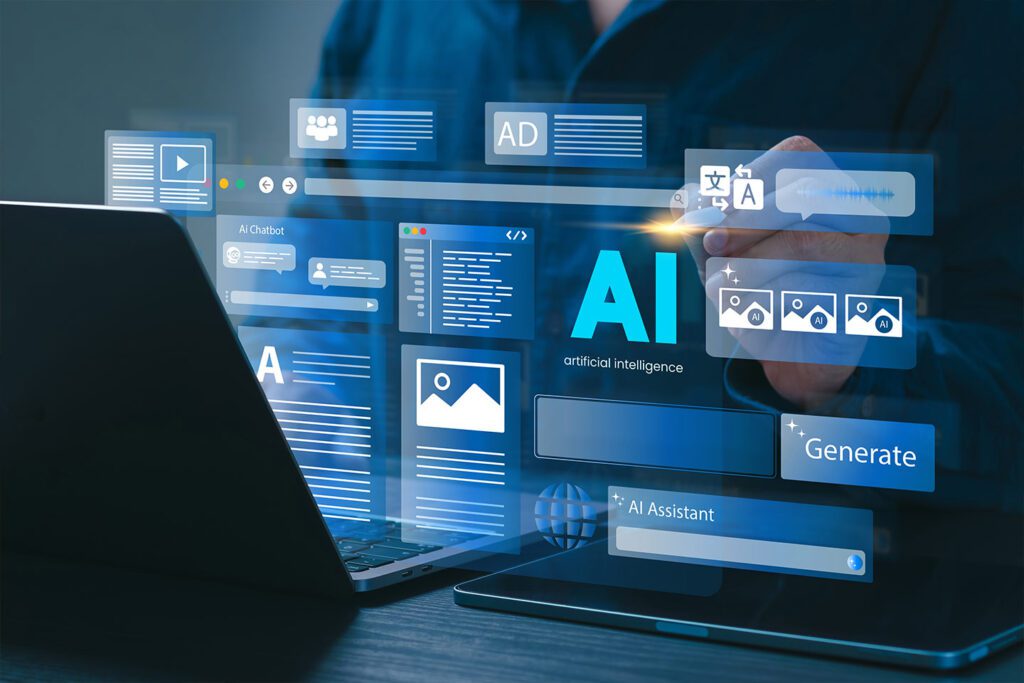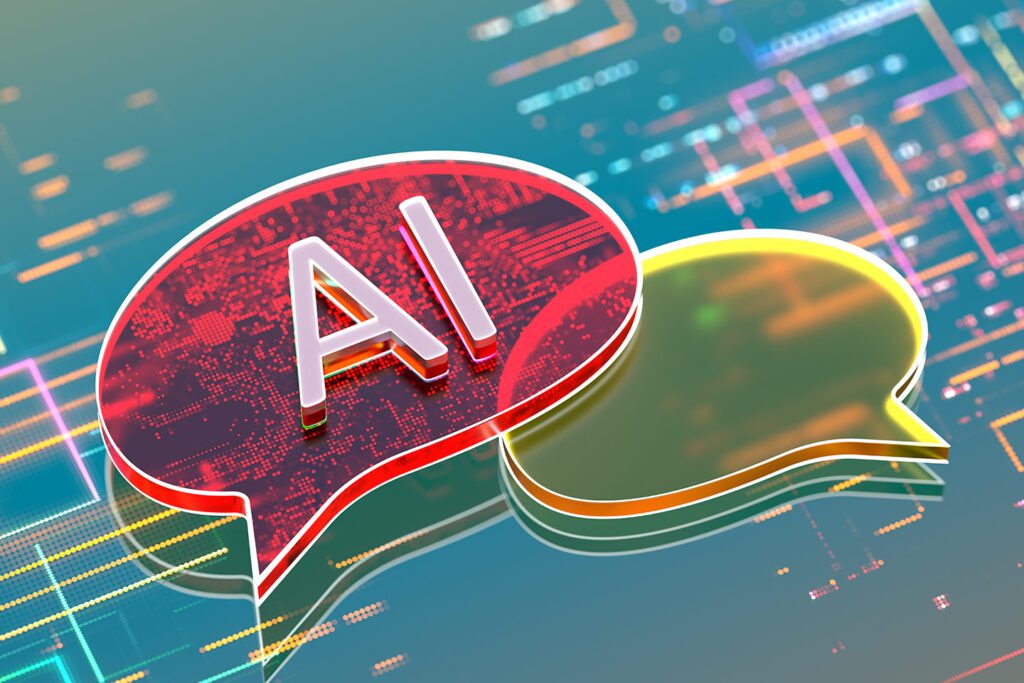The rise of AI is transforming how marketers work, think, and connect with their audiences. From personalized content to predictive analytics, artificial intelligence is no longer a futuristic concept—it’s a powerful force reshaping modern marketing strategies.
For brands looking to stay competitive, understanding how AI is being used in digital marketing is key to unlocking growth, efficiency, and smarter customer engagement.

What Is AI—and Why Does it Matter for Marketing?
Artificial intelligence (AI) refers to computer systems that can perform tasks typically requiring human intelligence, such as learning, reasoning, problem-solving, and understanding language. In marketing, AI allows for real-time data analysis, behavior prediction, and automated customer interactions that feel human but are driven by algorithms.
More advanced subsets like artificial general intelligence aim to mimic broader cognitive abilities—but in digital marketing, most applications fall under narrow or specialized AI, such as machine learning tools and AI chatbot platforms.
Whether it’s curating personalized shopping experiences or optimizing ad spend, AI enables marketers to scale their efforts without sacrificing quality or insight.

Smarter Campaigns Through Predictive Analytics
One of the most valuable uses of AI in marketing is predictive analytics. AI tools can analyze historical data to anticipate customer behavior, trends, and performance outcomes. Marketers can use these insights to design more effective campaigns, time content releases more strategically, and tailor messaging to audience segments.
Predictive models can help determine the best time to send emails, identify which leads are most likely to convert, and even forecast sales with remarkable accuracy. These tools are becoming essential for marketers building scalable systems.

Personalization and AI Chat: Delivering Better Experiences
Consumers today expect hyper-relevant experiences, and AI Chat tools are helping deliver them. AI-driven personalization can tailor product recommendations, adjust messaging based on user behavior, and automate responses that feel natural and human.
AI chatbots can now do much more than answer FAQs. With the integration of natural language processing (NLP) and real-time learning, chat tools can support full-funnel conversations—from product discovery to post-purchase support.
Brands using AI for personalization may typically see increased engagement, longer site visits, and stronger customer loyalty.

Content Creation and Optimization with AI
AI is also changing how marketers produce and refine content. While AI-generated copy isn’t always flawless, tools like GPT and others can support brainstorming, drafting, and SEO optimization at scale.
AI tools can analyze top-performing headlines, suggest meta descriptions, and even recommend high-performing blog topics based on trending keywords. Combined with keyword clustering strategies, AI can help create a stronger and more interconnected content web.
Marketers using AI to support content workflows still need a human touch, but the time-saving and idea-generating benefits are undeniable.

AI in Paid Advertising: Smarter Targeting and Bidding
From search to social, AI is quietly running the show behind many of the world’s best-performing paid ad campaigns. Platforms like Google Ads use AI to determine bidding strategies, ad placement, and audience targeting in real time.
AI enables marketers to experiment with ad variations automatically, predict click-through rates, and serve the right message to the right user at the right time. These optimizations would be impossible to manage manually, especially at scale.
Pairing AI capabilities with traditional targeting tactics—like remarketing—can dramatically increase ROI.

Navigating Challenges and Ethical Considerations
While AI offers undeniable benefits, it’s not without its challenges. Ethical concerns around privacy, bias, and transparency continue to shape the conversation. As AI tools become more embedded in marketing systems, companies must ensure they’re using data responsibly and maintaining user trust.
Another challenge is balancing automation with authenticity. Customers still value human connection, and overreliance on automation can lead to bland, impersonal experiences. That’s why AI should support strategy—not replace it.
Marketing teams that stay thoughtful about how and when to use AI will see the most sustainable success.

Ready to Elevate Your Marketing with AI?
Whether you’re experimenting with an AI chatbot or reimagining your entire strategy with artificial general intelligence on the horizon, the opportunities are vast—and growing. Here at Digital Smart Marketing, our team can help you integrate AI tools into your digital strategy without losing sight of the bigger picture—your audience, your goals, and your brand voice.
Want to explore how AI can be integrated into your marketing efforts? Schedule a call with our team or call us at 423.277.1692. We’ll help you build an intelligent, future-ready digital strategy that puts AI to work for your business.


